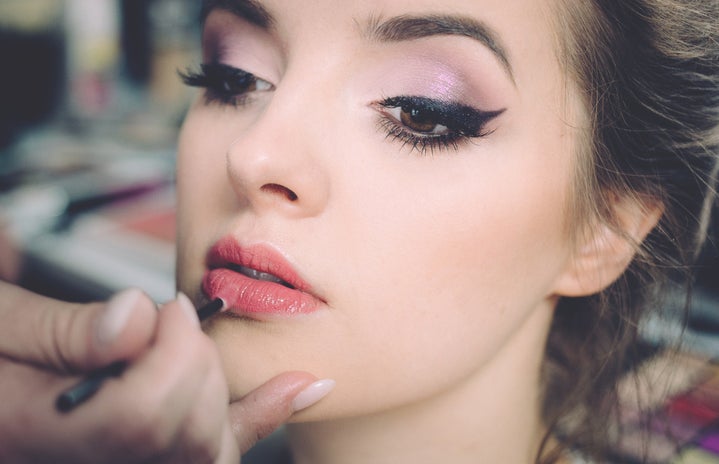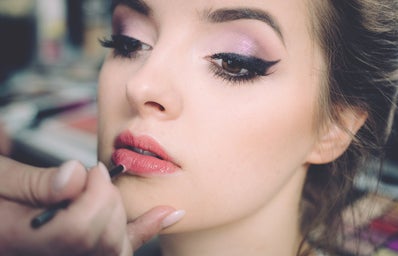We all are aware that it is extremely important to eat wholesome, nutritious foods in order to fuel and nourish our bodies effectively from the inside. Increasingly people are choosing organic, locally-sourced, vegan and sustainable options when they shop. So, why should caring for our skin be any different?
The answer to glowing, healthy skin relies on a combination of factors; genetics, exposure to harsh weather conditions, your diet, any skin irritations, allergies or intolerances, and of course, your skincare routine. If you are trying to become more conscientious about what you are applying to your skin, then I have some tips on where to begin.
Go Natural
Now, I am not saying that you need to go applying avocado and oats to your face everyday- although they do make fabulous face masks- the idea here is to eliminate all artificial and synthetic ingredients such as parabens, sulfates, BHA, Polyethylene, retinoic acid, etc. Hello Glow provides a concise list of explanations as to why these should be avoided at all costs. A rule of thumb that can be useful is: if you cannot pronounce it, then you probably shouldn’t apply it or ingest it.
Key Symbols
For any product to be vegan it must not contain any animal-derived ingredients, e.g. milk, honey or lanolin. The following symbols can be found on certified vegan products: . Calling all animal lovers! The symbols to look out for on packaging which certifies a product as cruelty-free are taken from ethicalelephant.com, 2018.
With all the new technologies and techniques being produced and perfected, there really is no excuse for any company to test on animals or use unsafe or unsanitary methods in their production.
It is important to note however that vegan and cruelty-free symbols do not guarantee that the ingredients used in the products are natural or organic unless otherwise stated.
Know Your Brands
If you are a cosmetics lover who is attempting to live a more sustainable and vegan-friendly lifestyle, then you may want to research the brands you are purchasing from more thoroughly, as the findings may surprise you. Many companies own multiple brands that are not consistently cruelty-free. Urban Decay is a cruelty free makeup collection owned by L’Oréal who are currently listed in the “companies that do test on animals” category by PETA (People for the ethical treatment of animals). In China it is required by law for all cosmetics to be tested on animals prior to entering the marketplace. This means that any company that sells to China is not entirely cruelty free either.
Trustworthy businesses such as the Body Shop and Lush take their social and ethical responsibilities extremely seriously and are completely vegan and cruelty free. Plus the quality of the products they sell will ensure you are protecting your skin from harm. If you are looking for cheaper alternatives, the entire Boots and Superdrug own-brand ranges have vegan and cruelty-free options, also. They are found in all high street branches and contain a variety of products from cleansers and toners to body butters and hair oils. I wish you luck on your quest to healthier, happier skin!
https://helloglow.co/beginners-guide-natural-organic-beauty-brands/
https://ethicalelephant.com/cruelty-free-vegan-labels-logos/
https://features.peta.org/cruelty-free-company-search/index.aspx


